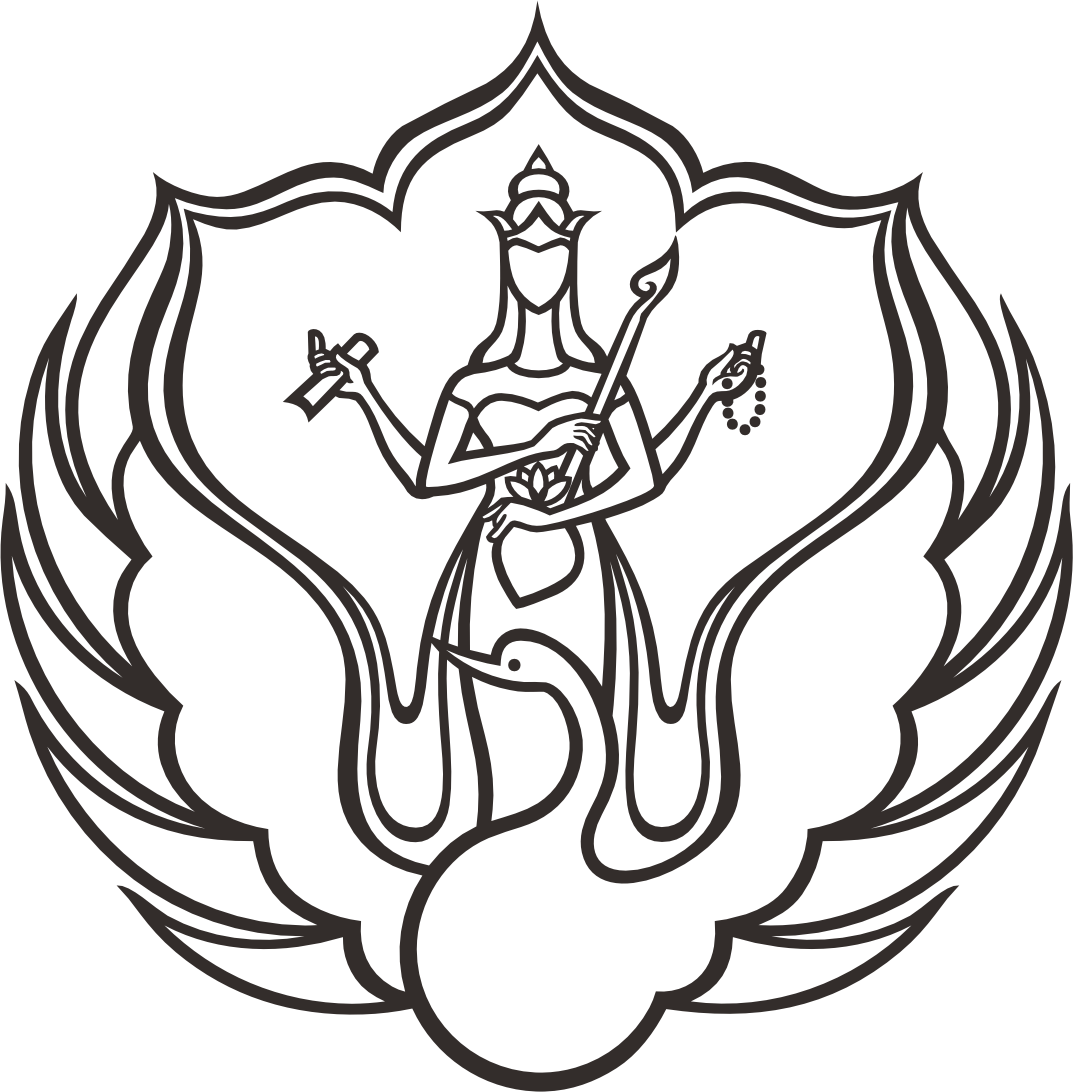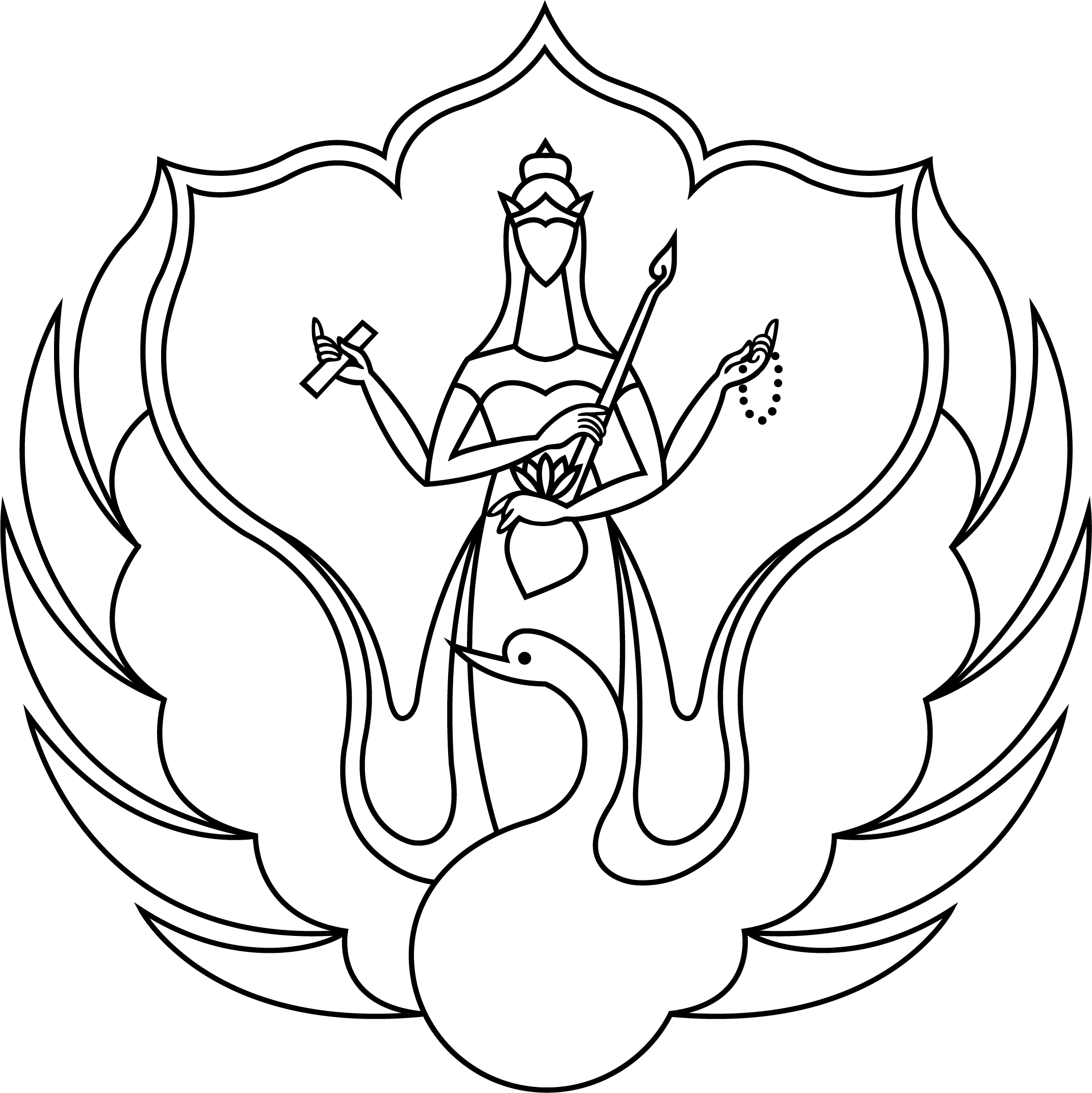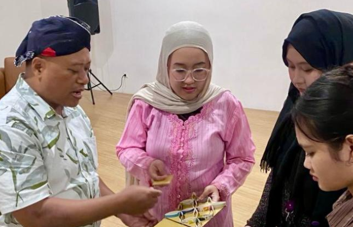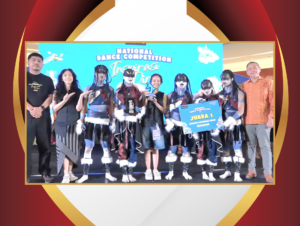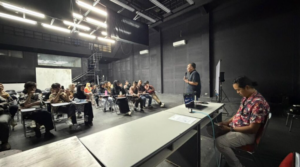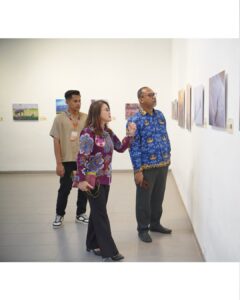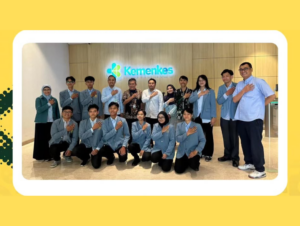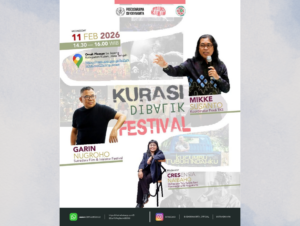ISI Yogyakarta, November 14, 2025. Institut Seni Indonesia (ISI) Yogyakarta again demonstrated its strategic role in the development of a culture-based creative economy through active participation in the Mind-Weave program: Tradition and Innovation in Indonesian Wastra, held at Telkom University Bandung on November 11-12, 2025. This activity is part of the PT Ekraft Consortium collaborative program designed to bring together academics, MSME players, cultural communities, and the public in building creative dialogue around the future of the archipelago's wastra.
Wastra as a cultural artifact not only contains visual beauty, but also represents the social, philosophical and spiritual values of Indonesian society. In the context of modern creative industry development, wastra faces the challenge of remaining relevant without losing its traditional roots. Through Mind-Weave, various stakeholders were invited to explore how tradition can meet innovation in the production chain and the creation of contemporary textile products.
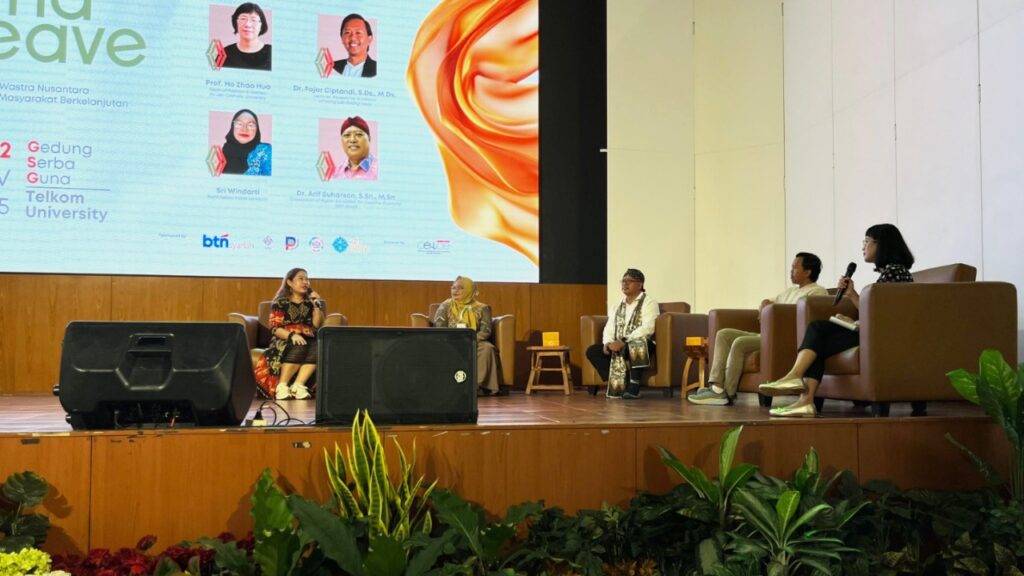
In this activity, ISI Yogyakarta acted as a representative of the PT Ekraft Consortium through organizing a workshop on making wastra motifs based on paper stamp batik waste, guided by Dr. Arif Suharson, S.Sn., M.Sn., with students from the Department of Crafts and the D4 Study Program in Batik Craft Fashion Design. This workshop emphasized the importance of sustainability, material innovation, and creativity in utilizing waste paper as a source of environmentally friendly motifs. Participants were invited to develop new visual ideas that remain grounded in the value of locality and harmonious relationships between humans, nature, and culture.
In addition to the workshop, ISI Yogyakarta also participated in a talk show themed “Tradition and Innovation in Wastra Nusantara: Weaving Values, Weaving Cultural Artifact-based Innovations for Indonesia's Creative Economy.” In this session, Dr. Arif Suharson reviewed the importance of artefactual research as the foundation for creating wastra designs that are relevant and adaptive to the needs of today's creative industry. He emphasized that innovation is not simply modifying motifs, but is a creative process that connects history, cultural values, and modern market needs.
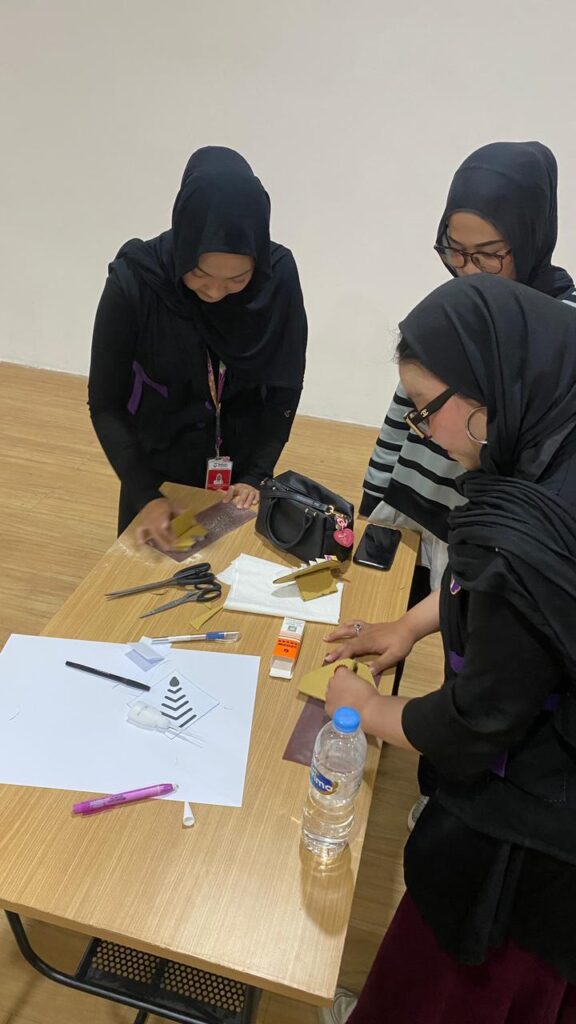
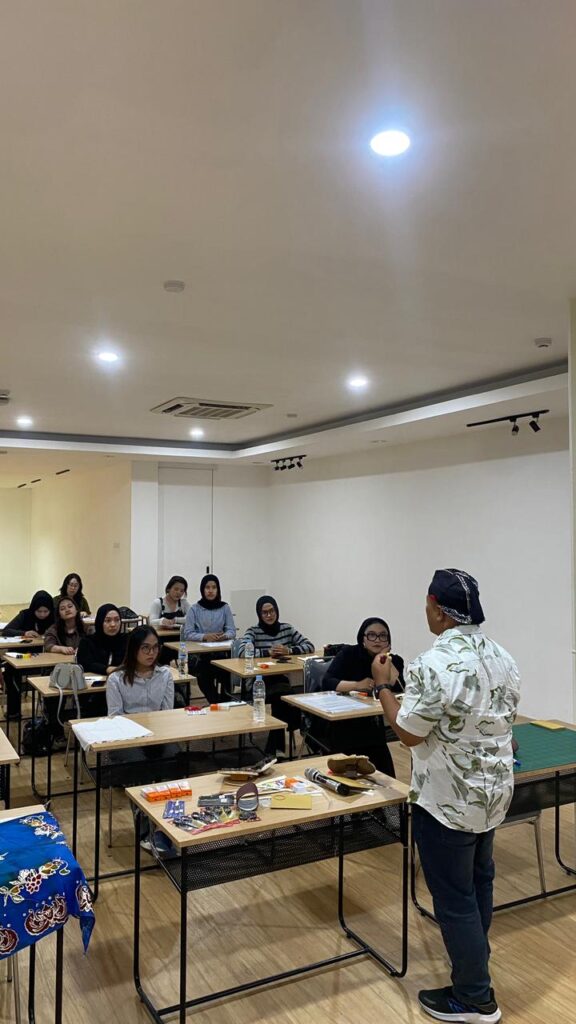
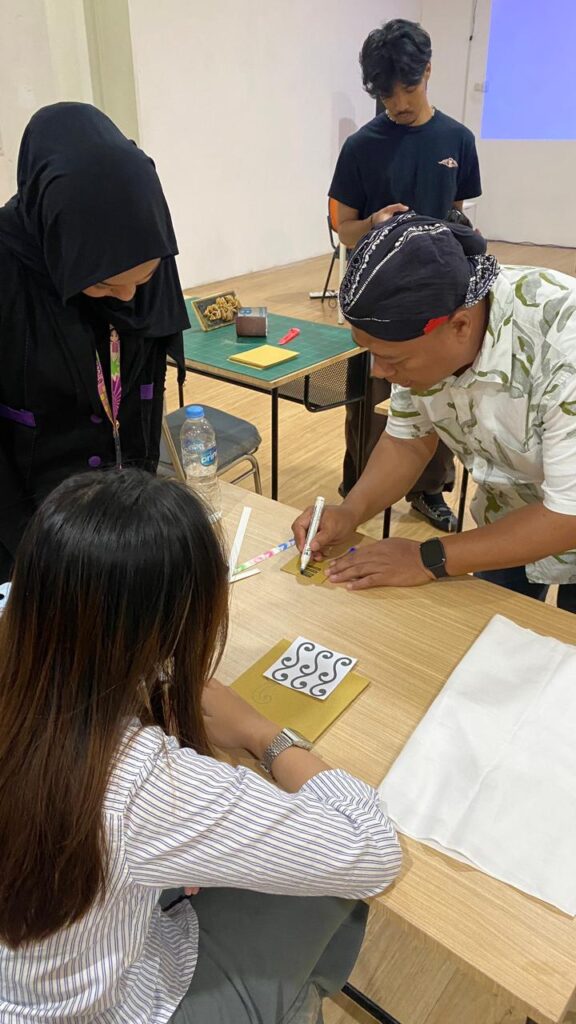
As part of the academic contribution, wastra works from the final project of students of the Craft Department of ISI Yogyakarta were also displayed. These works show how Indonesia's cultural heritage can be processed into fresh and contextual visual expressions, as well as being a clear example of how the younger generation is able to present innovations that still respect tradition.
ISI Yogyakarta's involvement in Mind-Weave affirms the institution's commitment to strengthening the national creative economy ecosystem through responsive, collaborative and future-oriented arts education. This collaboration also shows how art campuses have an important position in bridging tradition and modernity, and ensuring that the archipelago's wastra continues to live, develop, and make a meaningful contribution to Indonesia. This activity at Telkom University Bandung is a tangible manifestation of the synergy between academia and industry, while strengthening ISI Yogyakarta's vision to become a center of excellence for creativity rooted in the nation's culture.
